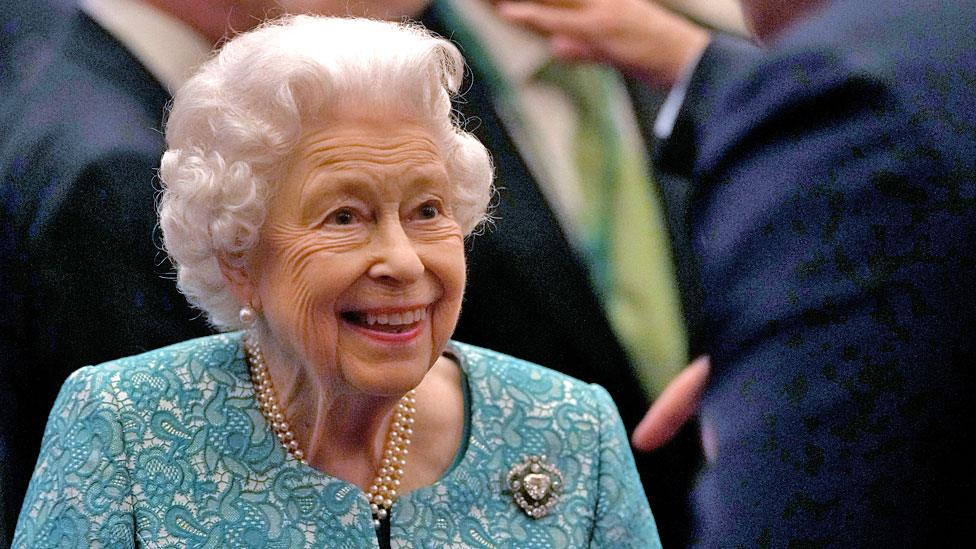NI 100: 'Good job' on centenary year, says NIO minister
- Published
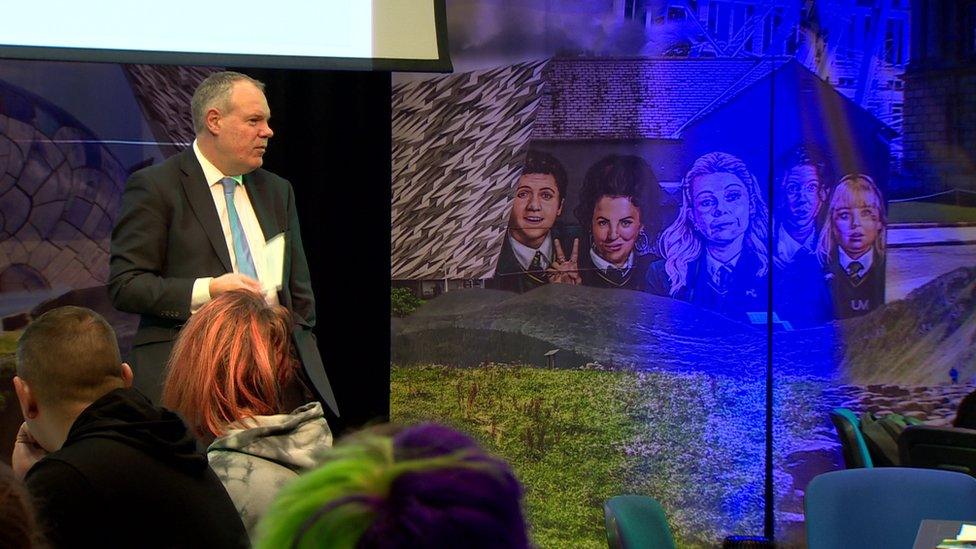
Conor Burns was appointed as minister of state at the Northern Ireland Office in September
The Northern Ireland Office (NIO) Minister Conor Burns has said he is pleased with how Northern Ireland's centenary year has gone in spite of the political sensitivities.
As it draws to a close, the minister attended a youth event in Belfast which was part of the centenary programme.
He said: "I think we've done a pretty good job in marking what was obviously a controversial and difficult thing."
The programme of events marking the centenary began in March.
"What we've tried to do, is do it in a sensitive way, so whether you're marking, noting, celebrating or disliking the centenary, we have managed to mark the centenary in a way that we think is embracing and appropriate," said Mr Burns.
Tree-planting, a special postmark and a business conference were included in the programme.
An inter-denominational church service was held in Armagh in October, but it was not part of the official events.
It sparked political controversy with the Irish President Michael D Higgins and Sinn Féin turning down invitations to attend.
The Queen had been due to attend the service but was unable to travel for medical reasons.
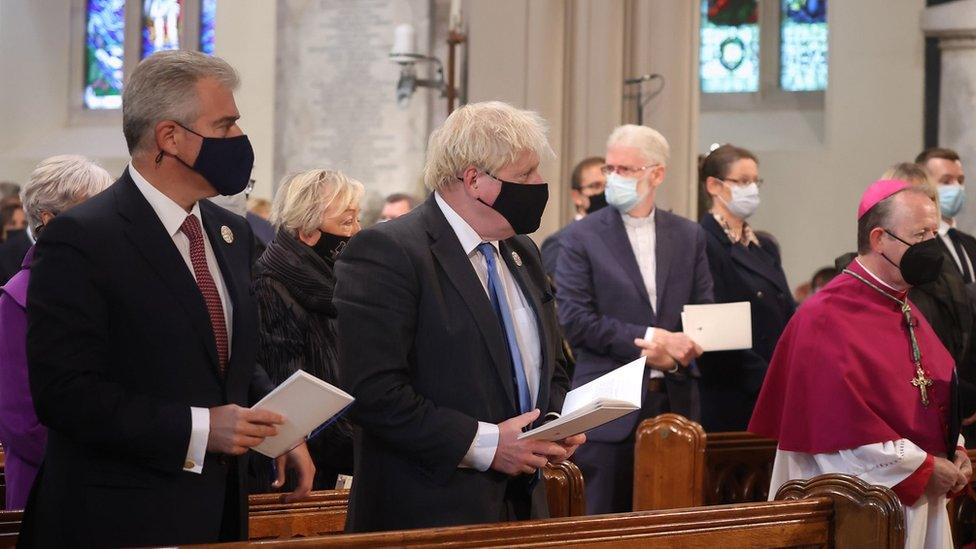
NI Secretary Brandon Lewis and Prime Minister Boris Johnson were among those attending the centenary church service
Mr Burns said the government had tried to mark the centenary "in a way that is sensitive to its nature, but recognising Northern Ireland's core place within the United Kingdom".
He added: "While a centenary event marks the end of a centenary, it crucially marks the beginning of a new centenary so we tried to deliberately put the emphasis on young people and the future that they want to forge in Northern Ireland."
Northern Ireland was created in May 1921, when the island of Ireland was partitioned.
Later that year, on 6 December, 1921, the Anglo-Irish Treaty was signed which led to the creation of the Irish Free state.
Next week, a number of events are planned to mark the centenary of the Treaty.
How was Northern Ireland created?
May 1921 followed decades of turmoil between nationalists, who wanted independence from British rule, and unionists, who wanted to remain in the United Kingdom.
The border divided the 32-county island into two separate jurisdictions - six counties in the north-east became Northern Ireland, which is still part of the UK. The other 26-county territory became the Irish Free State, but is now the Republic of Ireland.
Nationalists, north and south of the border, were infuriated by partition and continued to campaign for independence for the whole island.
Many unionists were also bitterly disappointed, especially those who lived on the southern side and woke up to find themselves in a new state on 3 May 1921.

The BBC News NI website has a dedicated section marking the 100th anniversary of the creation of Northern Ireland and partition of the island.
There are special reports on the major figures of the time and the events that shaped modern Ireland available at bbc.co.uk/ni100.
Year '21: You can also explore how Northern Ireland was created a hundred years ago in the company of Tara Mills and Declan Harvey.
Listen to the latest Year '21 podcast on BBC Sounds or catch-up on previous episodes.

Related topics
- Published16 September 2021
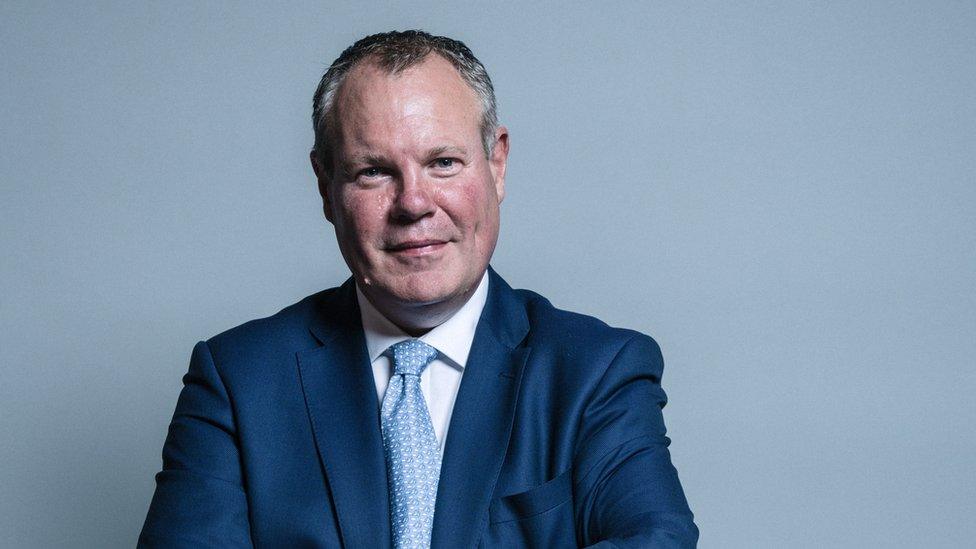
- Published18 October 2021
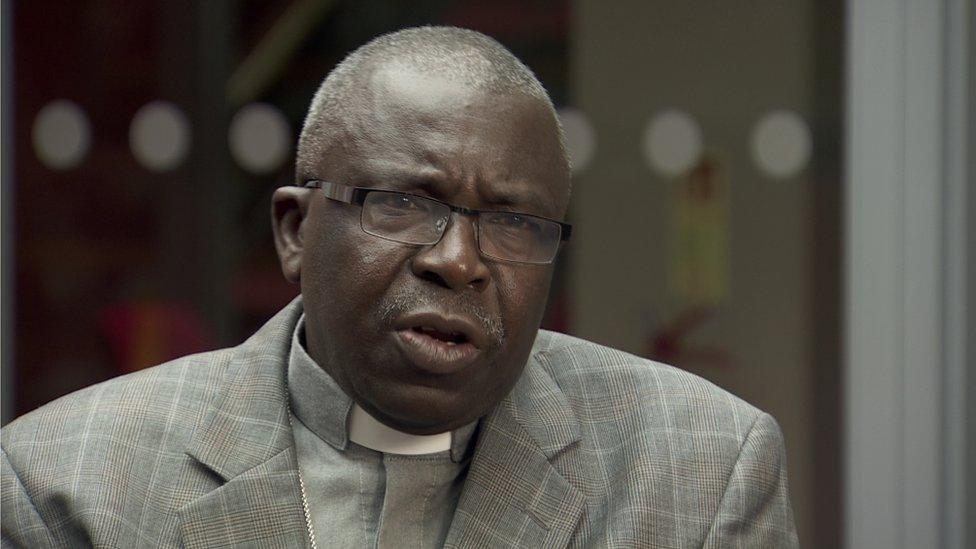
- Published17 September 2021
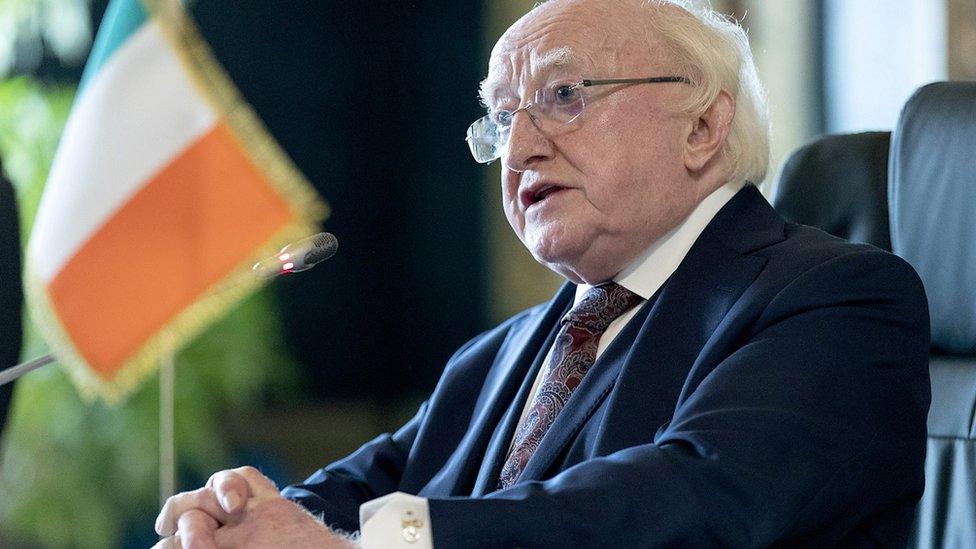
- Published1 January 2021
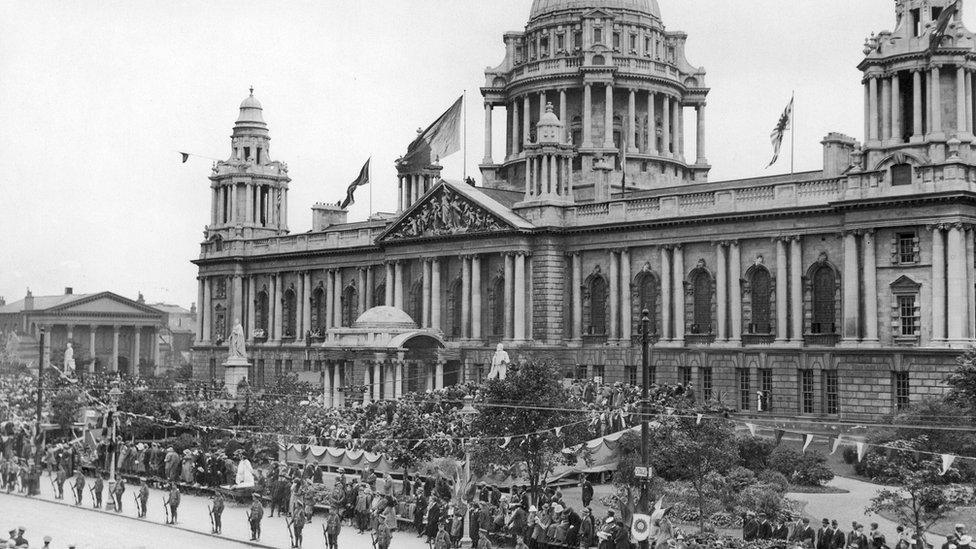
- Published20 October 2021
